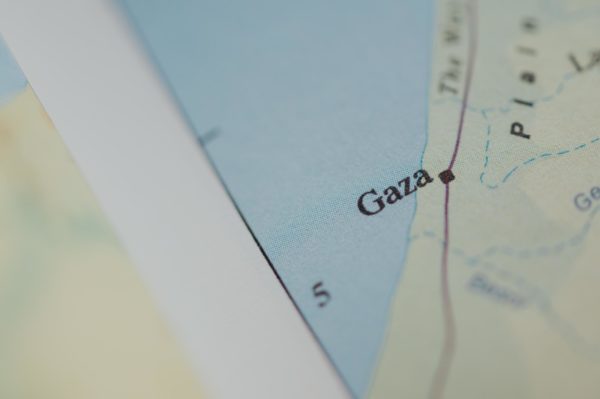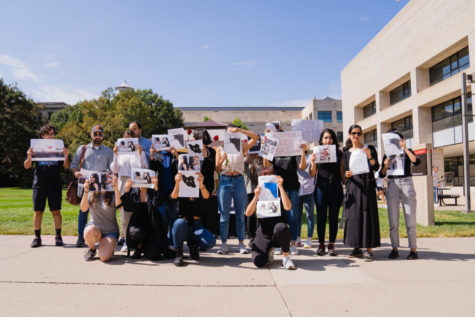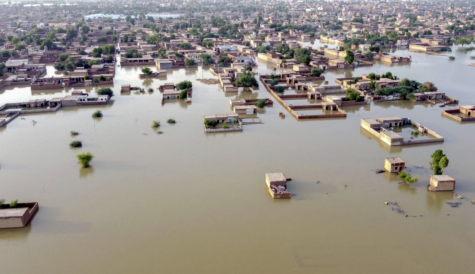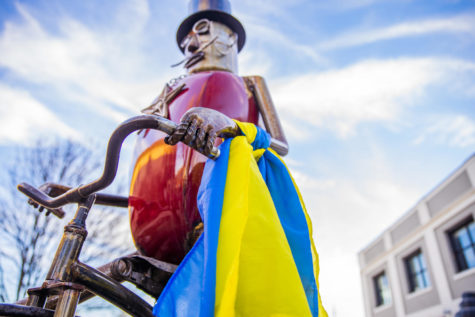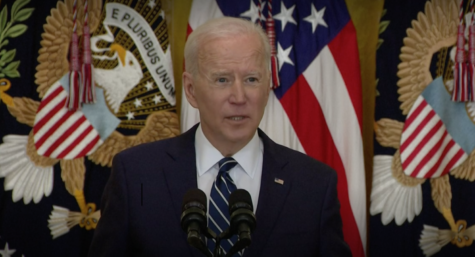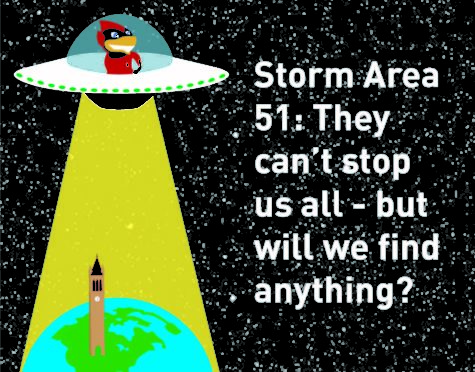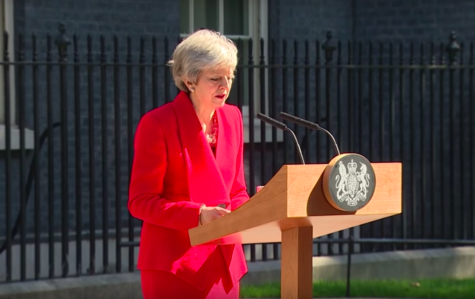Syria’s ‘cyber warriors’ choose cameras over guns
June 15, 2012
As the talk of who’s arming whom in Syria continues, there’s one area the U.S. is arming Syria: with technological know-how.
CNN talked with Jay Newton-Small, who recently reported for TIME magazine on some of the technology help the U.S. is giving the Syrian rebels. Here’s an edited version of that conversation.
CNN: What did you find out in your reporting?
NEWTON-SMALL: It’s fascinating, because for months you’ve seen this proliferation of videos from behind Syrian lines. And you wonder, because Syria has got such control over their Internet, how are these videos getting out? Have the dissidents suddenly become expert hackers or have they hired expert hackers? And it turns out, actually, no.
And the U.S. isn’t the only country doing this. Europe is also doing this. But there are a lot of NGOs that have been around Syria and who have been training these dissidents – they leave the country to do the training – in how to sort of encrypt their videos. How to overcome government firewalls. How to essentially get the message out when they aren’t supposed to be able to get the message out.
CNN: How exactly is the U.S. helping these men and women go beyond the Syrian firewalls and uploading the video?
NEWTON-SMALL: There are three different pools of money, and there’s $72 million the U.S. State Department has for what’s called Internet Freedom Grants. And that’s globally. So it could be helping Chinese dissidents, it could be helping Iran, it could be helping in Egypt. Any number of countries.
But a lot of this money has actually gone to Syria in recent months. And what it does is pay for the training of the dissidents. And it also works on software. And there’s some really cool stuff that they’re using out there, especially for mobile phones, which are the most vulnerable aspects of functioning in hostile environments because the governments can use the phones to track you. They can use the phones to bug you. And if you get pulled over with your phone, it’s just a sort of built in treasure-trove of evidence against you. All the videos you’ve shot and all your e-mails.
And so what they’ve done is they’ve created this technology where, with the touch of a button, you can wipe out your phone completely. It’s called a panic button. And that way the police won’t see anything on it. There’s another application where if you type in the wrong code, it presents a false screen and all kinds of false images. Even maybe one with a big picture of Bashar al-Assad, playing the national anthem on it or something.
So there are these really cool devices and gadgets that they’ve got now and it’s helping them fight this war.
CNN: You use word “cyber warrior” to describe that?
NEWTON-SMALL: One of the dissidents we spoke with talked a lot about “I’ve got my AK-47 in one hand and I’ve got my camera in the other. And for a lot of these battles, they’re wondering, ‘Do I pick up my AK-47 and defend these protesters, or do I use my camera and film it and then put it up?'”
And it’s become almost a question of: Is the pen mightier than the sword? And the dissident told us that most of the time it’s actually the camera work that is more powerful and does more good and changes things more than any amount of firing of the AK-47.
CNN: You write, even as the Assad regime’s army crushes the opposition on the ground, the dictator has been losing the war online. How do we know they’re losing the war online?
NEWTON-SMALL: I think we have evidence of that. You look at the the ongoing PR battle that Bashar al-Assad has been running. I mean 14, 15 months ago, he was the darling of “Vogue” magazine and he was, you know, being embraced by Barbara Walters. And these days he’s one of the most loathed men on the planet.
There are no foreign journalists allowed in Syria right now. So all the information we have coming out of Syria, all that footage that you just showed on CNN, that’s coming from these dissidents. They are the ones who are getting the word out and showing what’s really going on here. And that’s incredibly powerful. It is essentially freedom of the press, freedom of speech.
CNN: What is the biggest challenge here as part of this program?
NEWTON-SMALL: I think the biggest challenge is certainly when I was talking to people, they were incredibly leery about [details] being kept secret, where the trainings are done being kept secret. And we had to change the names of all the dissidents we spoke with because obviously we don’t want to put them at risk back at home.
And it’s also getting over a stigma and people saying, “Well, because you’re trained by the Americans, you’re an American pawn.” When, in fact, this training just enables them to show what they want to show. We’re not coming to them with any kind of agenda. And America isn’t saying, “We want you to promote American values here.” They’re just saying, “Here are the tools. You guys go and do whatever you want to do with it.”






